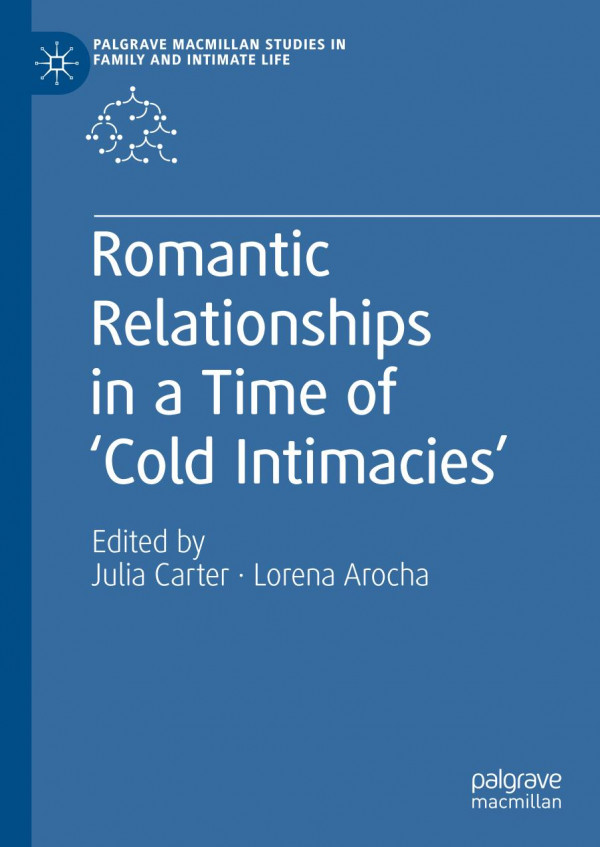

Most ebook files are in PDF format, so you can easily read them using various software such as Foxit Reader or directly on the Google Chrome browser.
Some ebook files are released by publishers in other formats such as .awz, .mobi, .epub, .fb2, etc. You may need to install specific software to read these formats on mobile/PC, such as Calibre.
Please read the tutorial at this link: https://ebookbell.com/faq
We offer FREE conversion to the popular formats you request; however, this may take some time. Therefore, right after payment, please email us, and we will try to provide the service as quickly as possible.
For some exceptional file formats or broken links (if any), please refrain from opening any disputes. Instead, email us first, and we will try to assist within a maximum of 6 hours.
EbookBell Team

4.4
42 reviewsThis book addresses the nature of intimacy and relationships in a time of what Eva Illouz characterizes as ‘cold intimacies’. The contributors to this collection highlight the ambivalence and tensions contained in ‘intimacy’ by uncovering a nuanced and complex dynamic, in which interpersonal relations and the public sphere are mutually constituted. A range of topics areexplored, including the new conditions of ‘choice’, the abundance of partners, class and emotional competence, rational decision-making and the specific forms of ‘love pain’ which can emerge from cooled intimacy. The chapters also shed light on the limits of this theoretical contribution, highlighting the importance of parenting, violence, poverty, and other material constraints that continue to limit and frame individuals’ romantic choices. Overall this volume presents an interpretation of intimacy that is not just ‘cold’ but includes practices, desires and feelings that are safe and dangerous, that bring solace or erupt in violence, that lead to salvation or condemnation, and where virtual encounters and increased internal and crossborder mobility have altered the relationship between intimacy and (physical/emotional) distance.
Romantic Relationships in a Time of ‘Cold Intimacies’ will be of interest to scholars and students across a range of disciplines, including sociology, social work, social policy and demography, as well as practitioners and policy-makers with an interest in couple relationships.